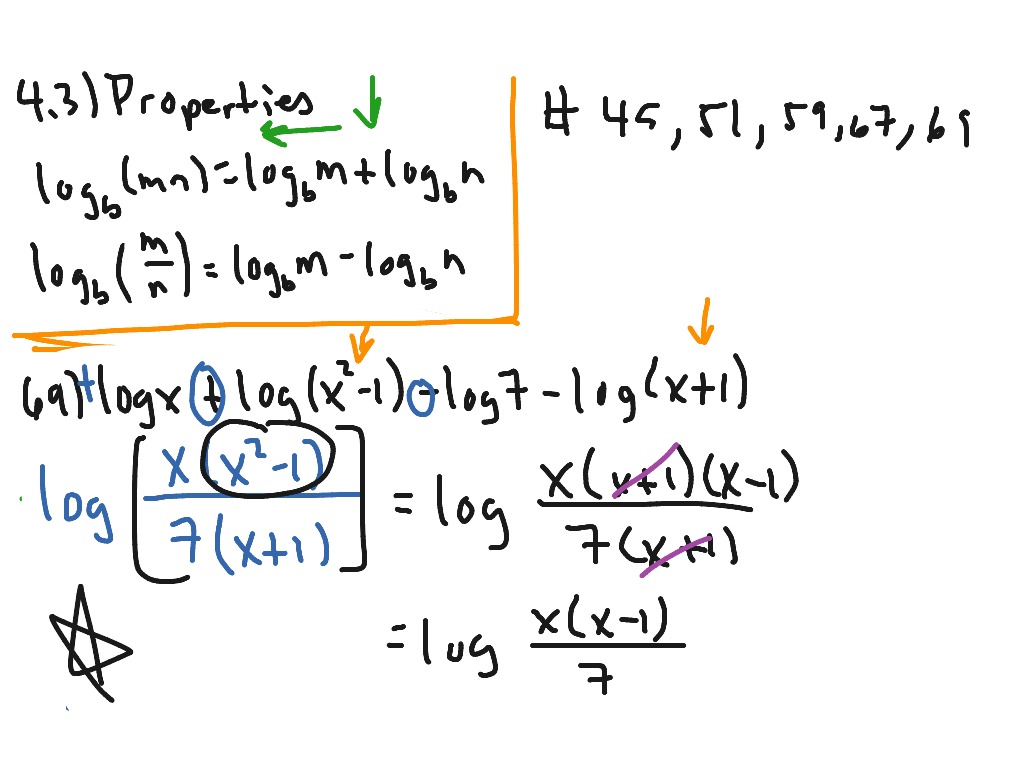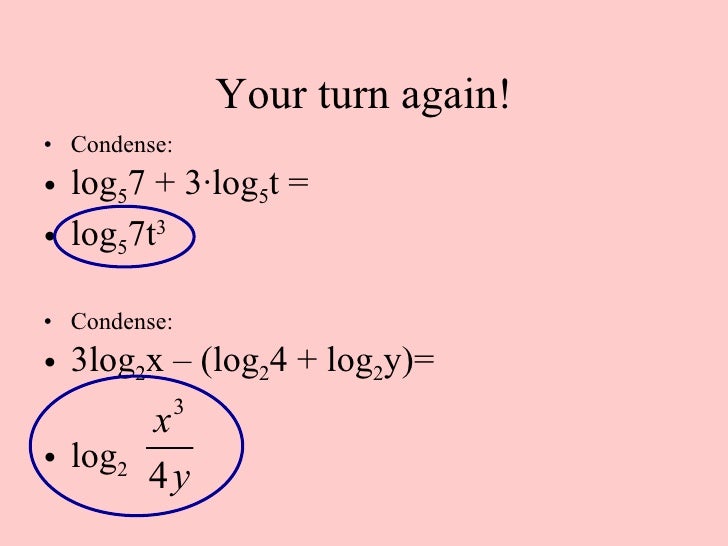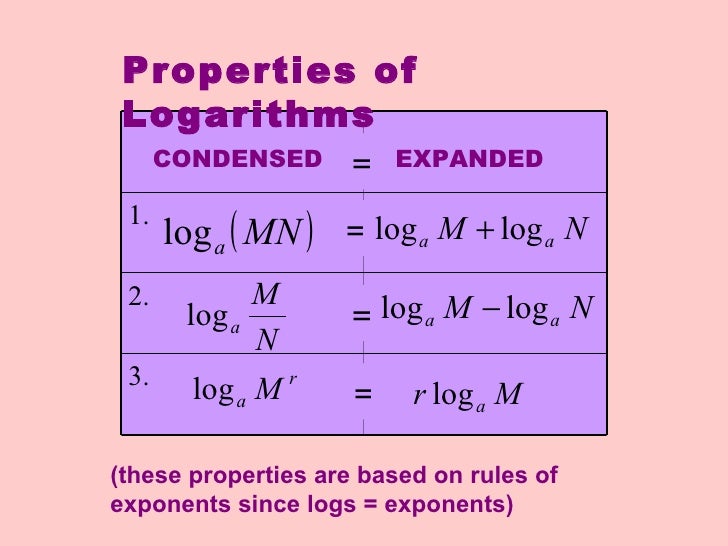

In other words, each log will not be rotated until it reaches 10MB. size=10M sets the minimum size for the rotation to take place to 10M.Thus, the oldest file will be removed on the fourth subsequent run. rotate 3 indicates that only 3 rotated logs should be kept.

Other possible values are daily and monthly. weekly means that the tool will attempt to rotate the logs on a weekly basis.The first line indicates that the directives inside the block apply to all logs inside /var/log/apache2: It is worth and well to note that the configuration file ( /etc/nf) may indicate that other, more specific settings may be placed on individual.
#Condense log install#
# aptitude update & aptitude install logrotate To install logrotate, just use your package manager: - On Debian and Ubuntu.

Of course, we get to decide what “old” means and how often we want logrotate to clean up the logs for us. In addition, it will remove “old” log files and will keep the most recent ones. In a few words, logrotate will rename or compress the main log when a condition is met (more about that in a minute) so that the next event is recorded on an empty file. In order to prevent that, the system administrator can use a nice utility called logrotate to clean up the logs on a periodic basis. If logs were kept forever, they would eventually end up filling the filesystem where /var/log resides.

This is not a default behavior based on the chosen distribution but can be changed at will using directives in the configuration files, as we will see in this article. In both cases, we can observe that some of the log names end as expected in “log”, while others are either renamed using a date (for example, maillog-20160822 on CentOS) or compressed (consider auth.log.2.gz and mysql.log.1.gz on Debian). Log Files and Directories under CentOS 7 In Debian and Ubuntu # ls /var/log Please note that the result may be somewhat different in your case depending on the services running on your system(s) and the time they have been running. If we look at the contents of /var/log on a CentOS/RHEL/Fedora and Debian/Ubuntu (for variety) we will see the following log files and subdirectories. Logs are also the first source of information where administrators and engineers look while troubleshooting. Such files are known as logs and are the key to examining how the system is operating (and how it has behaved in the past). According to the Filesystem Hierarchy Standard, the activity of most services running in the system are written to a file inside this directory or one of its subdirectories. There is a very slight possibility of missing log entries captured between the 'cp' and the purge of the log (Not a huge issue) but it works.One of the most interesting (and perhaps one of the most important as well) directories in a Linux system is /var/log. usr/bin/find $OraWorkdir/$listenerdir/trace -name *.gz -follow -mtime +90 -exec /bin/rm \ # If successful, remove the uncompressed log copy and delete compressed files older than 90 days # Compress the newly created archived listener logĬat $listlog.$date.old | gzip > $listlog.$date.gz Listlog=`/bin/ls $OraWorkdir/$listenerdir/trace/listener*.log 2>/dev/null` The below pseudo-code shell script is a representation of how we rotate and manage the listener SCAN logs in some of our RAC environments. However, you should not just take my word for it, but test it and prove it in your environment I do not believe it will impact the database activity. The same process, assuming it works for you for the local listeners should then work for you for the SCAN listeners in my opinion.


 0 kommentar(er)
0 kommentar(er)
